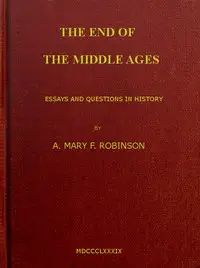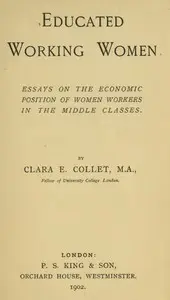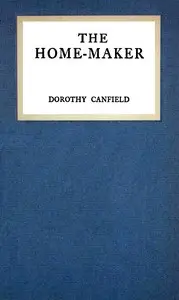"Sex in Education; or, A Fair Chance for Girls" by Edward H. Clarke is a scientific publication written in the late 19th century. The book explores the relationship between sex and women's education, emphasizing the physiological aspects of female development and how current educational practices may harm young women. Clarke argues that women must be educated differently than men to promote their health and well-being. The opening of the essay sets the stage for an investigation into the impact of education on women's health. Clarke begins by presenting his credentials and the impetus for writing after addressing the New-England Women's Club. He reflects on the discussions his lecture incited, highlighting the societal interest in the topic of female education. With an emphasis on physiology over mere ethics, he defines education broadly, asserting that understanding the unique needs of women is crucial in developing appropriate educational practices that respect their physiological differences. (This is an automatically generated summary.)

Sex in Education; or, A Fair Chance for Girls
By Edward H. (Edward Hammond) Clarke
"Sex in Education; or, A Fair Chance for Girls" by Edward H. Clarke is a scientific publication written in the late 19th century. The book explores th...
Edward Hammond Clarke was a Harvard Medical School professor (1855-1872) and physician. He courted controversy in 1875 following the publication of his book Sex in Education, arguing that women were inherently less physically and intellectually capable than men. He claimed that a woman's health would deteriorate as a result of higher education, and moreover that the education of women would come at the expense of their reproductive health. He was not alone in holding such unsubstantiated and antifeminist views at a time when women were asserting their right to higher education. His claims were notably rebutted by physician Mary Putnam Jacobi in 1876.













